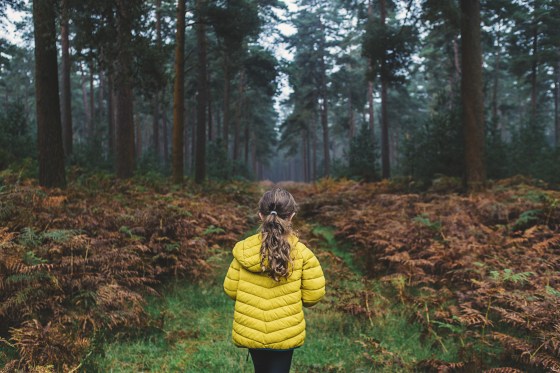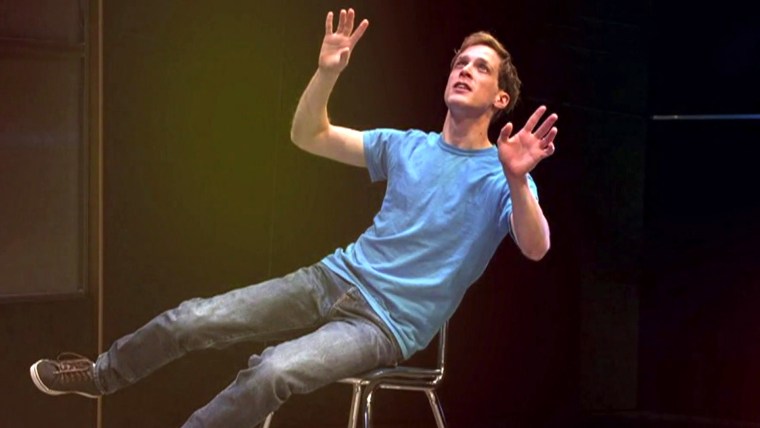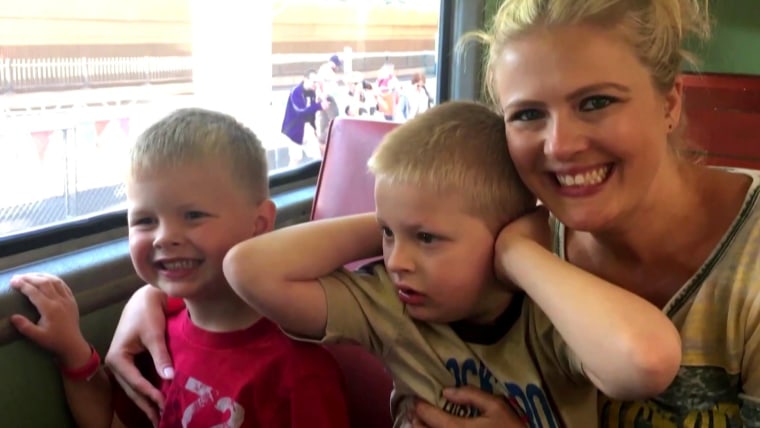Sarah Gundle
Sarah Gundle is a psychologist living in Brooklyn, New York, with her two daughters. She has a doctorate in clinical psychology and a master's in international affairs and is on the faculty of Mount Sinai Hospital.


If I had known, would I have ever discovered how much she likes having her arm rubbed when, desperate for her to make eye contact with me, I took to massaging it? Now, one of our favorite nightly rituals is the “arm massage” we perform for each other while reading stories in bed. When she was content to play in the dirt by herself at the age of 3, would I have insisted instead that she try to make friends, worried that by leaving her there I was “reinforcing” her autism? Would that have gotten in the way of noticing the gorgeous patterns she created, the way she could lose herself for hours in their simple symmetries? If I had known, would I have despaired at the way she squirmed in my arms, thereby reinforcing for both of us the sense that there was something wrong with her, instead of coming around to see it as just another Dahlia-ism, a quirk in my wonderful quirky daughter?
Being a parent these days can sometimes feel like tending a bonsai tree, carefully trimming a root here, or snipping a branch there to achieve what appears to be a perfect specimen but is, in fact, something of a simulacrum. I fear that by knowing my daughter’s diagnosis earlier, I might have become one of those bonsai moms. Instead, essentially unaware of Dahlia’s condition, I stood back and watched, and she taught me that there is much beauty in a garden left to grow untended.

Andrew Solomon wrote in his brilliant book “Far From the Tree” that “All parenting turns on a crucial question: to what extent parents should accept their children for who they are, and to what extent they should help them become their best selves.” The question for any parent of an autistic child — or really any child born “different” — is what is their best self? Does it lie in trying to mold them to conform to a more general norm, or does it lie in giving up that dream and instead embracing their differences?
There’s another reason the new test worries me. The traditional means of assessing autism has always been the direct observation of the child. What will we lose in understanding this mysterious condition when the means of diagnosis are boiled down to laboratory analysis? What will happen when doctors replace the process of carefully observing a child, as well as asking parents and teachers probing questions, with reading the results of some tests on a hair follicle? This possibility of a new test is meant to be used as a “diagnostic aid,” not as a stand-alone measure of autism, but I still fear that by introducing it into the diagnostic regime, it will chip away at that psychological probing that leads to a more nuanced view of children themselves.
When Dahlia was first diagnosed, I thought of her autism as a calamity. Society and the people treating her only reinforced the idea that she was disabled. The neuropsychologist who told us did so in an apologetic tone. Our pediatrician told us not to worry, that “there are many autistic children who grow up to have a happy life.” I worried that I had to rush to fix her. How would she be able to exist in her mainstream school and go to the art class and dance program her older sister attended? What about college and getting married? The clock was ticking, and my job as a parent was to make things right before it was too late.
What I have learned, what Dahlia has taught her father and me, is that she doesn’t need fixing. It is Dahlia who has fixed us. At least once a day, she forces me to slow down, shake myself out of whatever I’m doing and listen. “Gossamer Dahlia,” my friend called her after an afternoon observing her create a whole world, including furniture made of sticks and plastic forks, for the frog she had caught while the other kids played football around her. She delights in building intricate structures of cardboard and plastic and creates paintings using her whole body. Her dimples deepen when she figures something out, as well as when she packs and repacks her bags whenever we leave the house. Why do we need to strip away what makes an autistic child different? Perhaps it is not the child but the world around her that needs to change. Perhaps a little not knowing is the best thing for them, as well as for us.